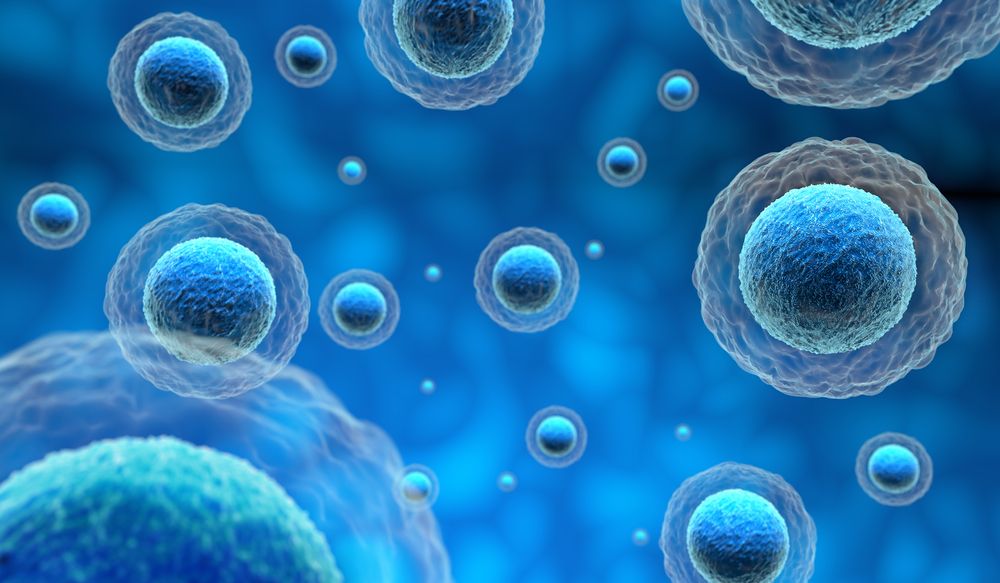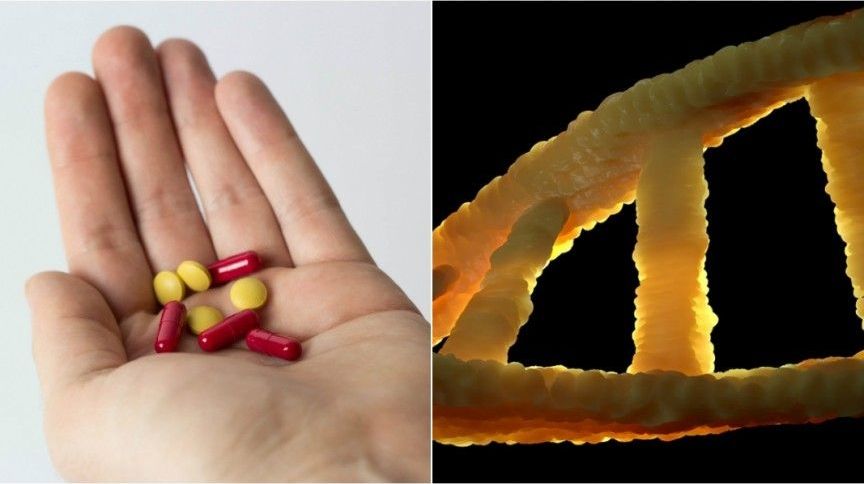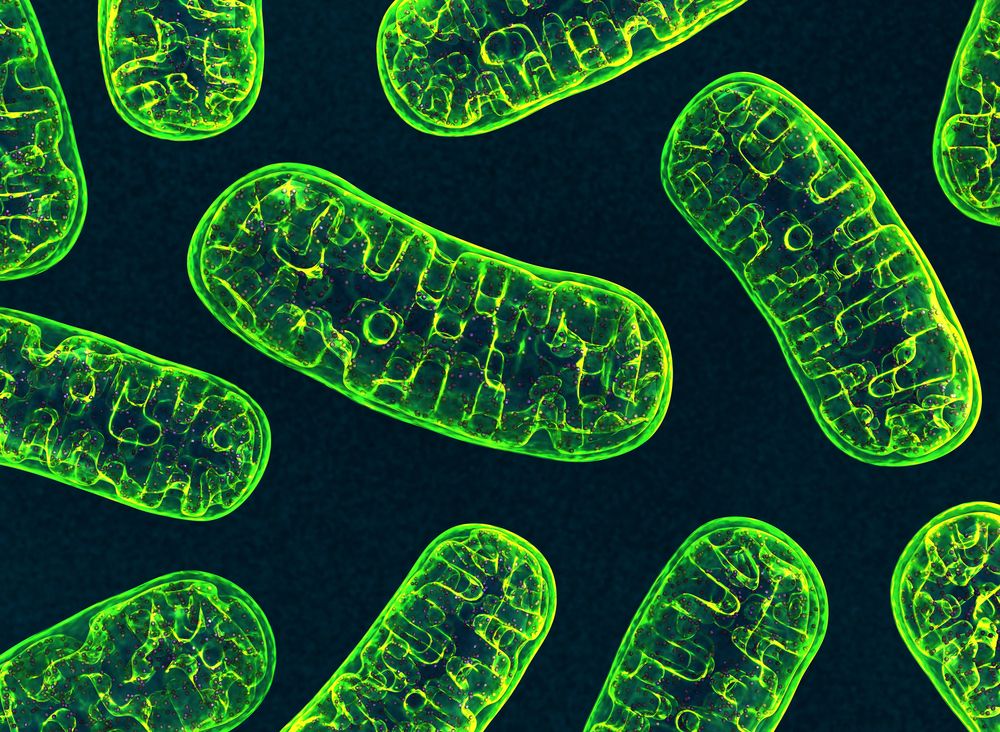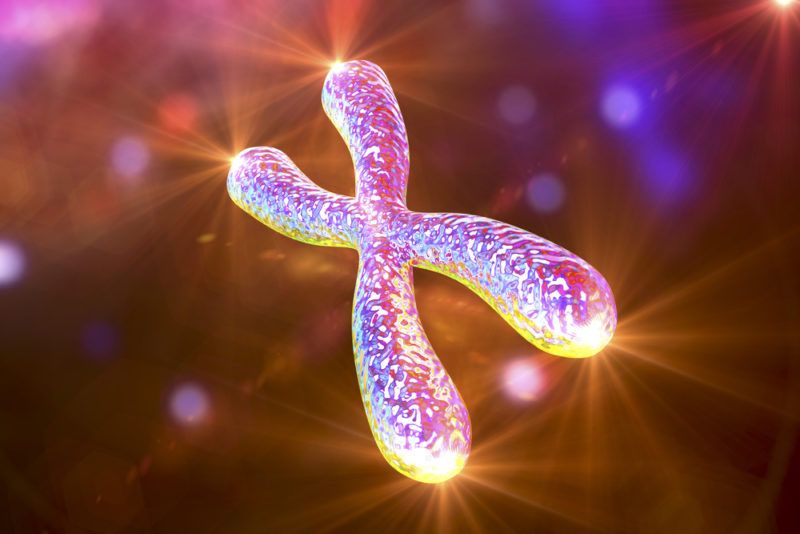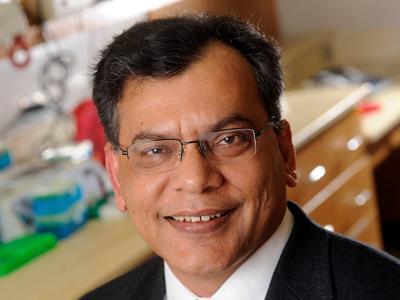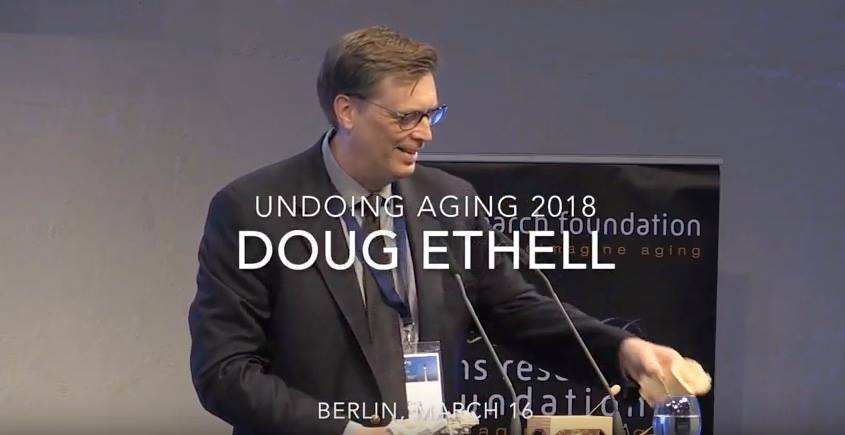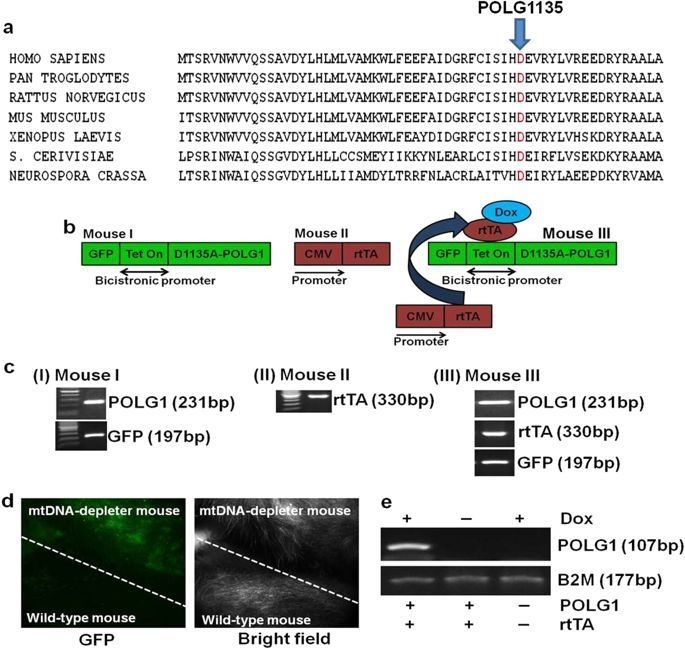A new study shows that mice reprogram their gut tissues to repair injury rolling them from an aged state back to a more fetal-like one.
Getting old is one thing; getting old in a healthy way is another. Many elderly people suffer from all kinds of diseases and disorders, ranging from cardiovascular problems and diabetes to Alzheimer’s and Parkinson’s disease. Wouldn’t it be nice if we could keep the body young as we grow older to prevent disease associated with old age? For instance, would it be possible to slow down or reverse the aging processes in the cells of our body?
This question has gained a lot of interest from scientists, and their research has led to the discovery of the important role that the shortening of telomeres, the protective caps on our DNA, plays in aging. While this has been described in recent posts on the LEAF blog, I would like to address another mechanism that has seen an interesting leap forward, more or less by accident: rejuvenation of tissue.
Rejuvenation is a term that has recently been used in the context of senolytics. These are newly discovered compounds that decrease the number of senescent cells in the body. For the purpose of this article, I define rejuvenation as the resetting of a genetic program within a cell or tissue, from adult back to fetal. Typically, cells develop from stem cells, which are cells that can differentiate into many different cell types. During cell differentiation, certain genetic programs in the stem cell are turned off, while others are turned on to make the formation of a specific cell type possible. During rejuvenation, this process is reversed: differentiated cells are reset to an embryonic state.
